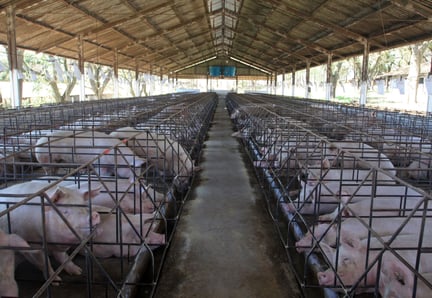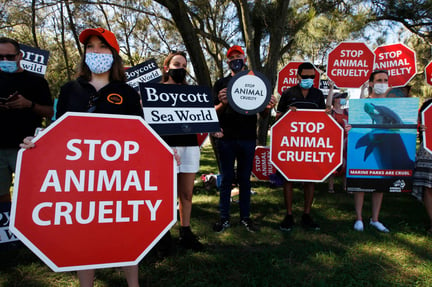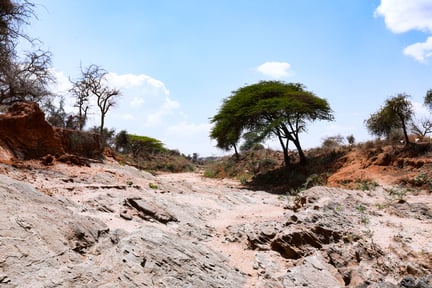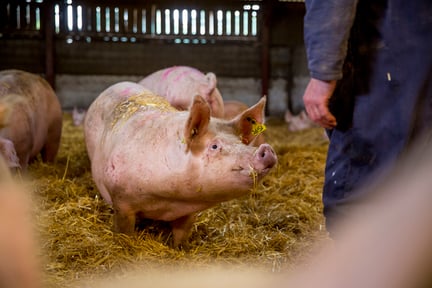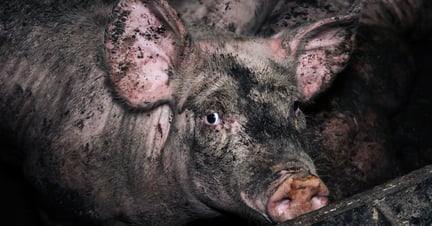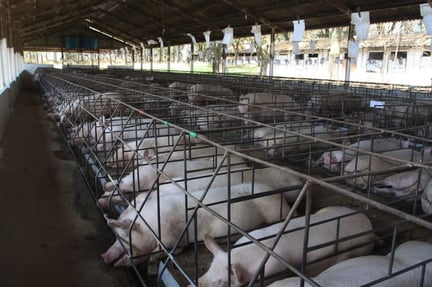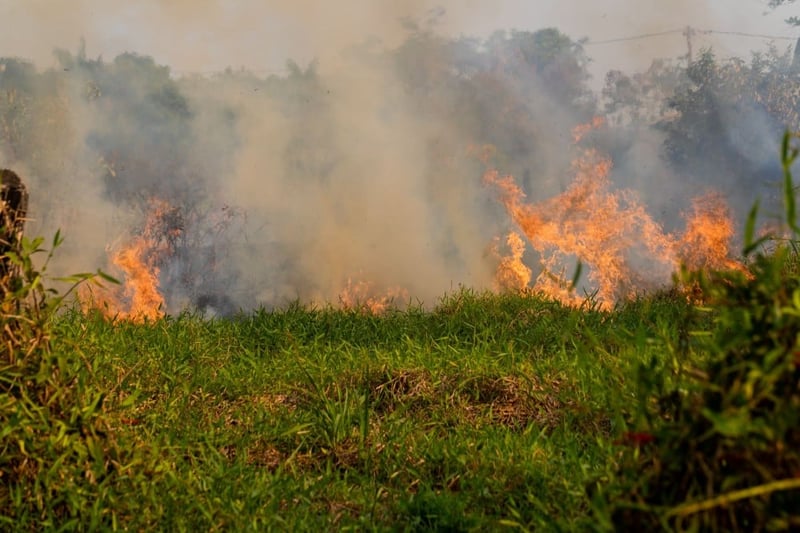
Brazil's Senate approves environmental devastation - a threat to biodiversity
News
Brazil's Senate approves Bill 2159/2021, weakening environmental protections and endangering forests, wildlife, and Indigenous communities.
While the world prepares to gather in Brazil for COP30 in Belém, a devastating step backward has just been taken.
Brazil’s Senate has passed Bill 2159/2021, dubbed the Devastation Bill by environmental and Indigenous rights organisations.
If signed into law, this bill would strip key environmental protections and risk irreversible harm to people, animals, and the planet.
What is the Devastation Bill?
Bill 2159/2021 drastically weakens environmental licensing laws in Brazil. It allows high-impact industries such as agribusiness, mining, and construction to bypass standard oversight by self-licensing projects.
This means roadbuilding, dam construction and deforestation can proceed without meaningful environmental assessment, and will futher contribute considerably to climate change.
The move shifts power away from Brazil’s Ministry of the Environment - currently led by renowned environmentalist Marina Silva - and into the hands of corporate actors.
The bill has been welcomed by industries with a history of environmental harm, while conservationists warn of catastrophic consequences.
What is at stake?
The Instituto Socioambiental (ISA) estimates the bill jeopardises more than 44 million acres of forest, including protected areas and Indigenous lands.
It opens the floodgates to:
- Accelerated deforestation in the Amazon and Cerrado biomes
- Habitat destruction for thousands of wild animal species
- Increased risk of toxic pollution in rivers and soil
- Higher likelihood of zoonotic disease outbreaks
- Reduced protections for communities already vulnerable to environmental degradation
This descision is part of a pattern of environmental rollbacks that prioritise profit over protection and put ecosystems, animals and future generations at grave risk.
Animals will suffer the consequences
Tricia Croasdell, CEO of World Animal Protection, responded to the bill’s passage:
This opens the floodgates to unchecked deforestation, toxic waste dumping, and infrastructure projects in some of the planet’s most biodiverse ecosystems.
"It's not just trees at risk - countless animal species face extinction, their habitats razed for profit.
"The weakening of licensing regulations paves the way for increased deforestation, pollution, biodiversity loss, higher risk of new zoonoses, and more animal suffering.
"This rollback of regulation is a gift to the same industries responsible for the Mariana and Brumadinho disasters - tragedies that killed hundreds of people and poisoned entire ecosystems.
"As the Amazon burns and wildlife vanishes, Brazil has chosen deregulation over accountability, short-term gain over life itself. The timing is outrageous: in the lead-up to COP30, Brazil should be a global leader in sustainability, not a cautionary tale.
This bill is not policy; it’s a death sentence. For rivers. For forests. For animals. For us all. We must do all we can to ensure this setback is not made permanent.
There is still time to act
President Lula could still veto the bill. But political pressures ahead of Brazil’s 2026 presidential election - and his reliance on a fractious pro-agribusiness coalition - make this uncertain.
As an international community, we must call on Brazil to honour its global commitments to climate action, Indigenous rights, and environmental protection.
Brazil has the opportunity to show true leadership ahead of COP30.
Related content
Stop investing in cruel factory farming
Join us in demanding Public Development Banks stop funding unsustainable, cruel, and destructive factory farming
Support us
Find out how you can support us in our work to move the world to protect animals both in the wild and commercial food systems. Take action now!
World Animal Protection Climate Change Hub
Discover everything that World Animal Protection is doing to tackle the climate crisis and what you can do to help.
